 04-10-2023
04-10-2023- Blog
- 0 comments
- 8763 Views
Composite decking and traditional wood decking are two popular options for homeowners looking to build or renovate outdoor living spaces. Both materials have their own set of advantages and drawbacks. Here's a closer look at the benefits of composite decking compared to wood decking:
1. Durability and Maintenance: One of the most significant benefits of composite decking is its durability. Made from a mixture of wood fibers and plastic, composite decking is designed to resist fading, staining, and scratching. Unlike traditional wood, it doesn't warp, crack, or split easily. As a result, homeowners with composite decking spend less time on maintenance tasks. Wood decks, on the other hand, require regular sealing, staining, or painting to maintain their appearance and prevent them from deteriorating.
2. Cost Over Time: While the initial investment for composite decking might be higher than wood, the long-term costs can be lower. Given the minimal maintenance requirements of composite decks, homeowners save on the costs of sealants, paints, and labor over time. Traditional wood decks, with their recurrent upkeep costs, might end up being more expensive in the long run.
3. Environmental Considerations: Many composite decking brands use recycled materials, such as reclaimed wood scraps and recycled plastic. This reduces the demand for virgin timber and helps in diverting plastic waste from landfills. Although wood is a natural material, the impact of logging and the chemicals used in treating and maintaining wood decks can have negative environmental consequences.
4. Aesthetic Consistency and Variety: Composite decking offers consistent coloring and finish, which means it retains its aesthetic appeal over the years without the typical fading or discoloration that wood might experience. Furthermore, composite decking comes in a broad range of colors and patterns, some of which even mimic the natural grains of various wood species. This provides homeowners with more design flexibility without the unpredictability of wood's natural variations.
5. Resistance to Pests and Rot: Wood can be vulnerable to pests like termites and can also be prone to mold and rot in damp conditions. Composite decking, being a blend of plastic and wood fibers, generally resists these challenges better, leading to a longer deck lifespan.
In conclusion, while traditional wood decking has its charm and natural appeal, composite decking provides a more durable, low-maintenance, and often environmentally-friendly alternative. Homeowners need to weigh these benefits against their preferences, budget, and long-term goals for their outdoor spaces when making a decision.

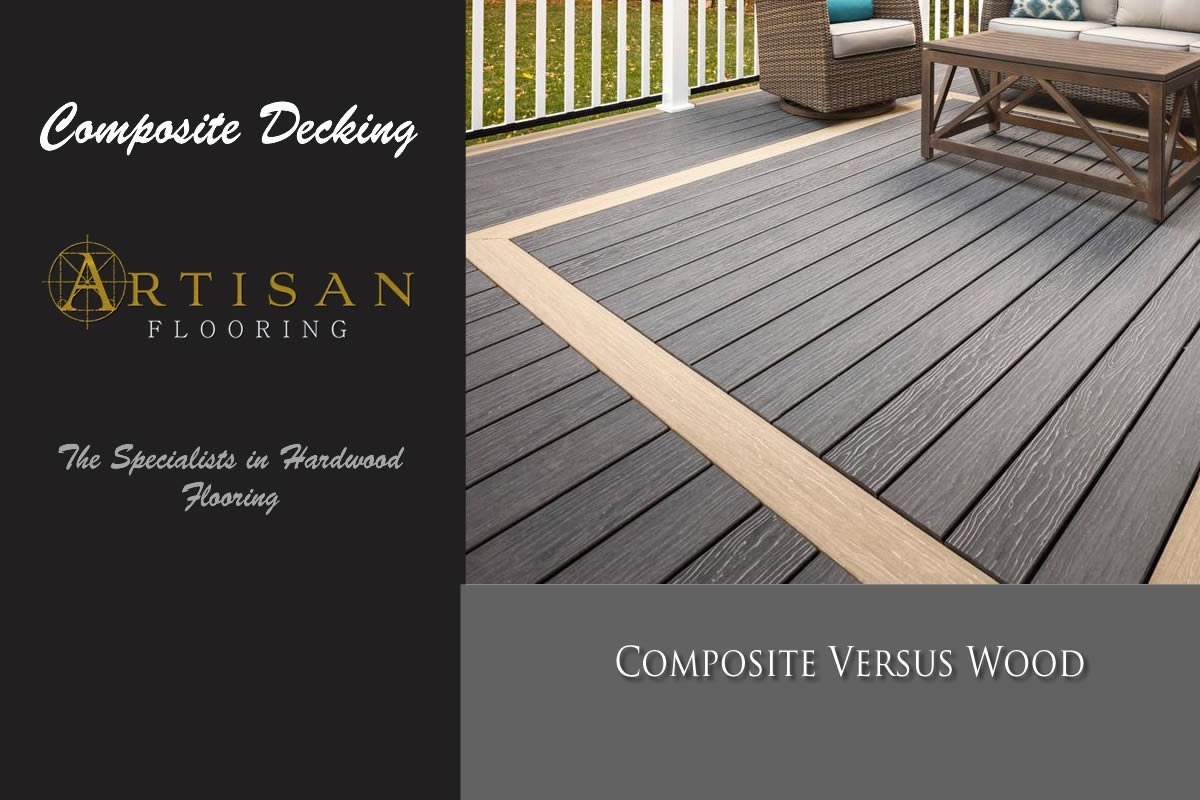
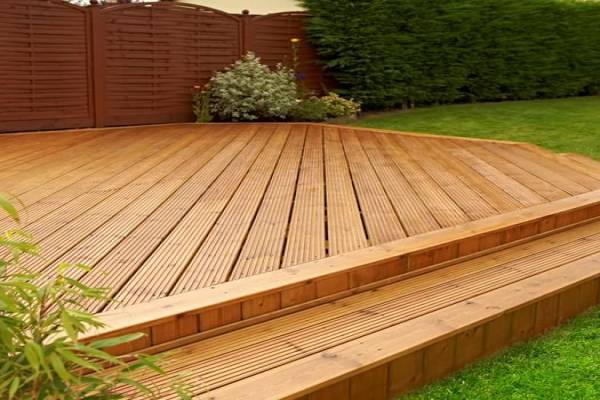
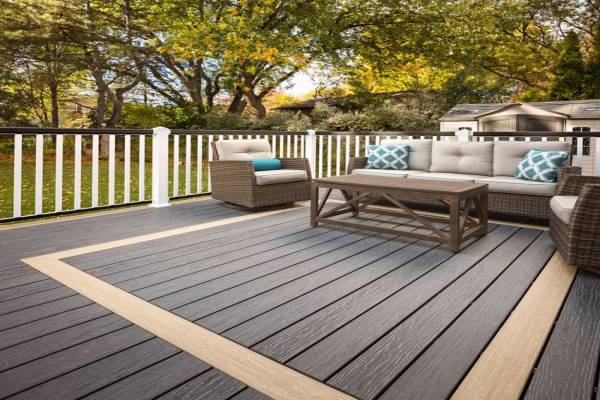
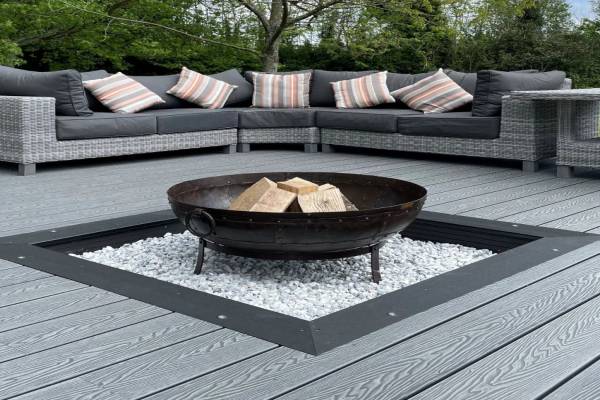
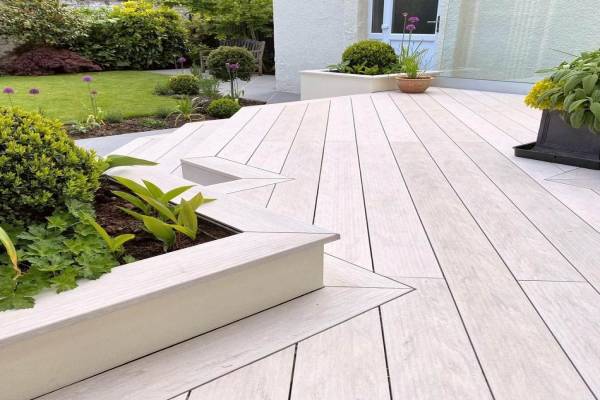
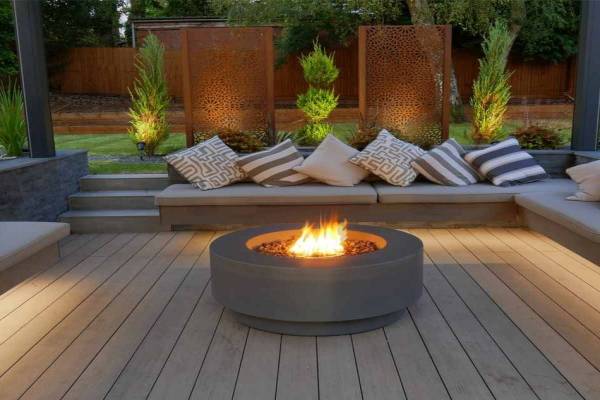
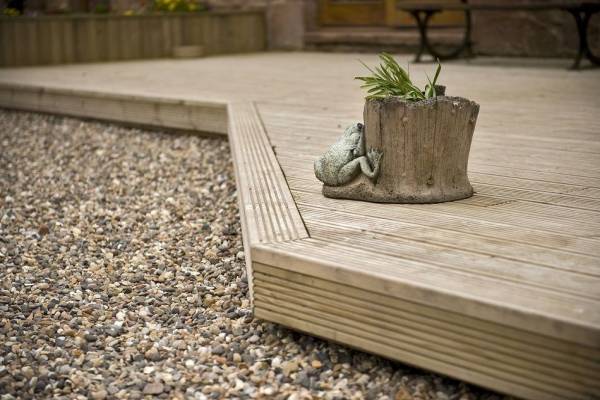
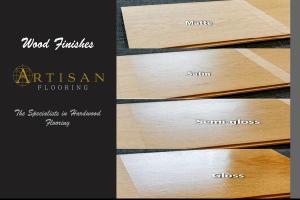

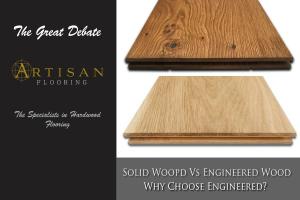

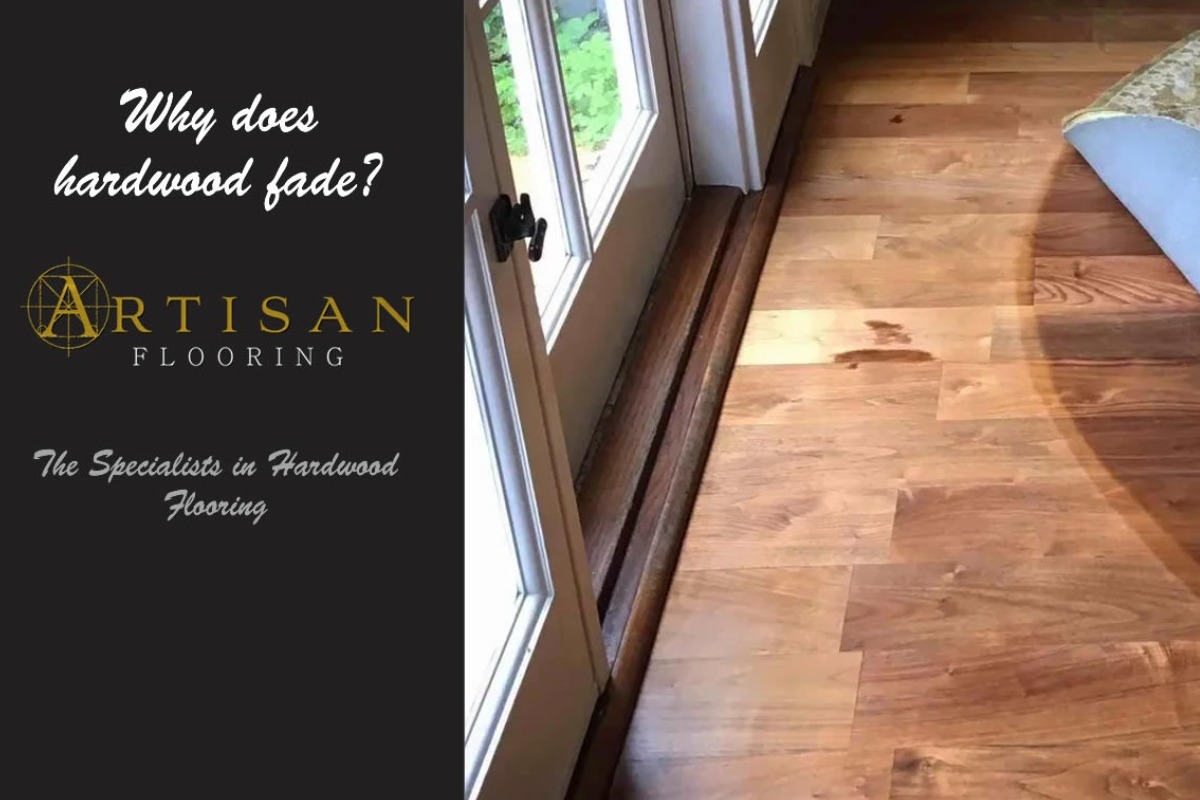
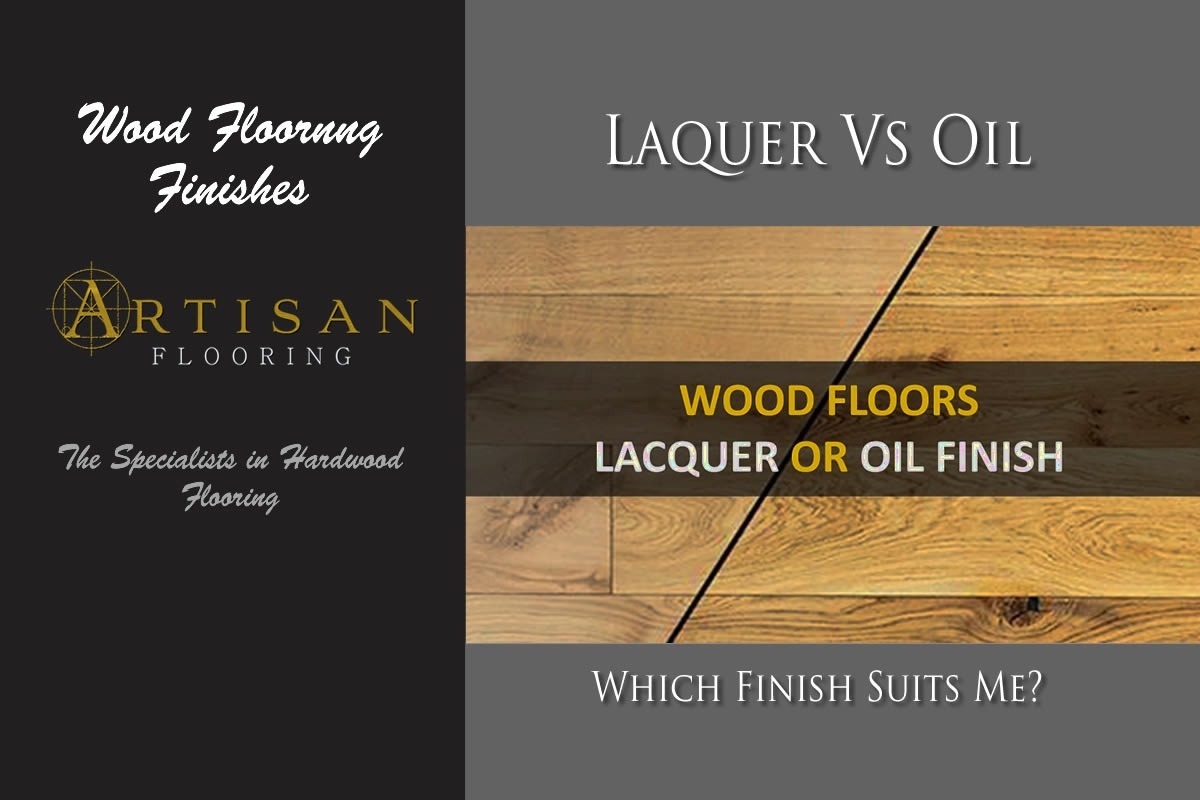
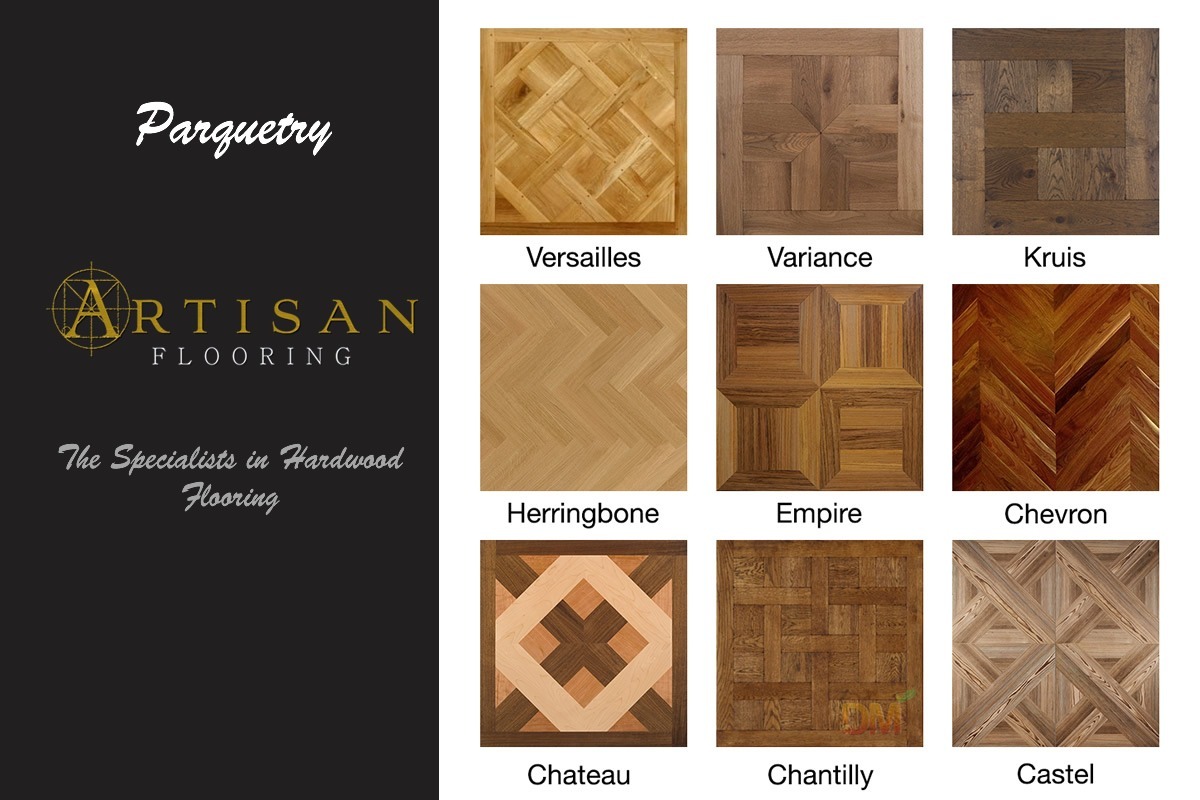
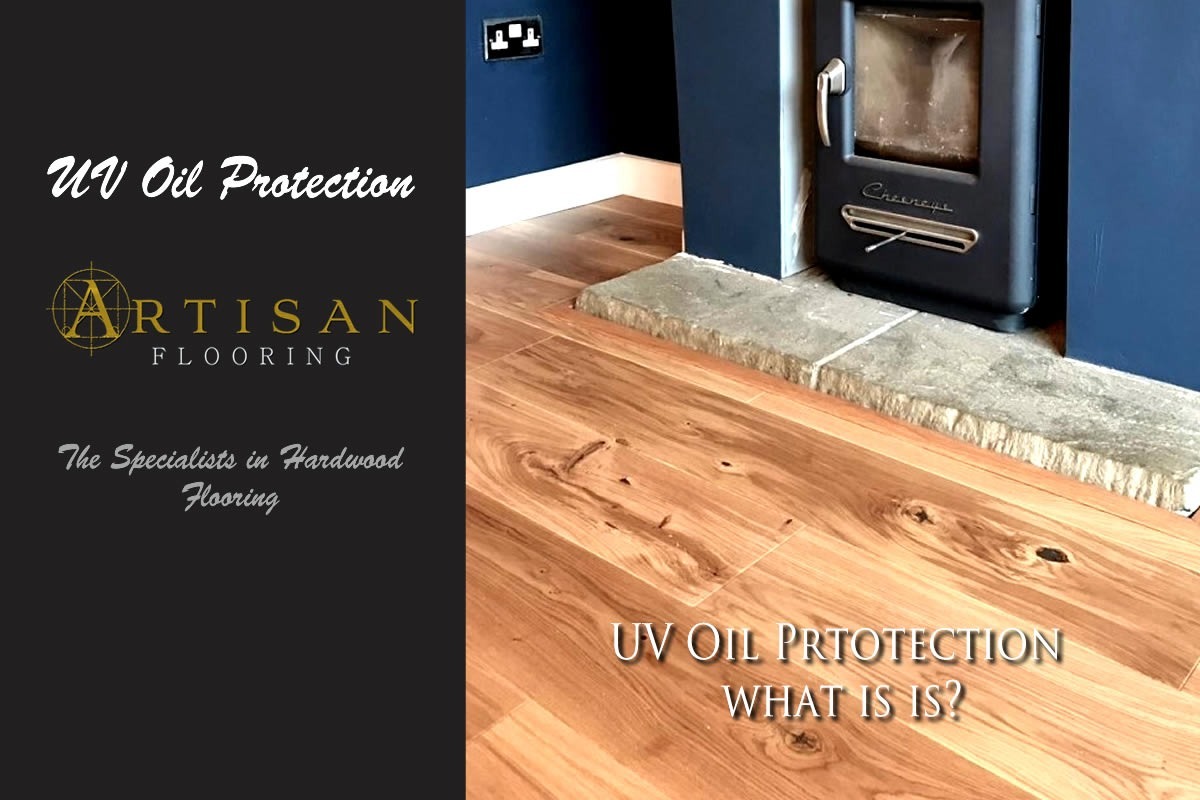

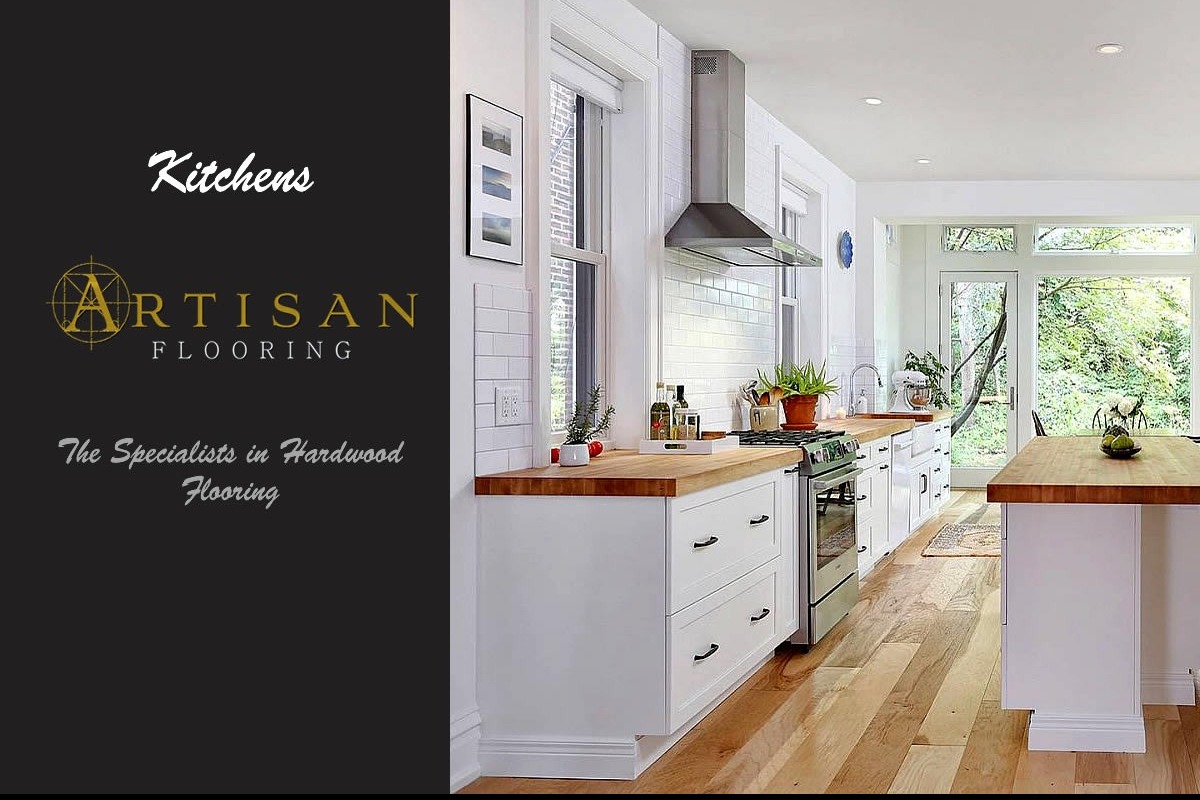
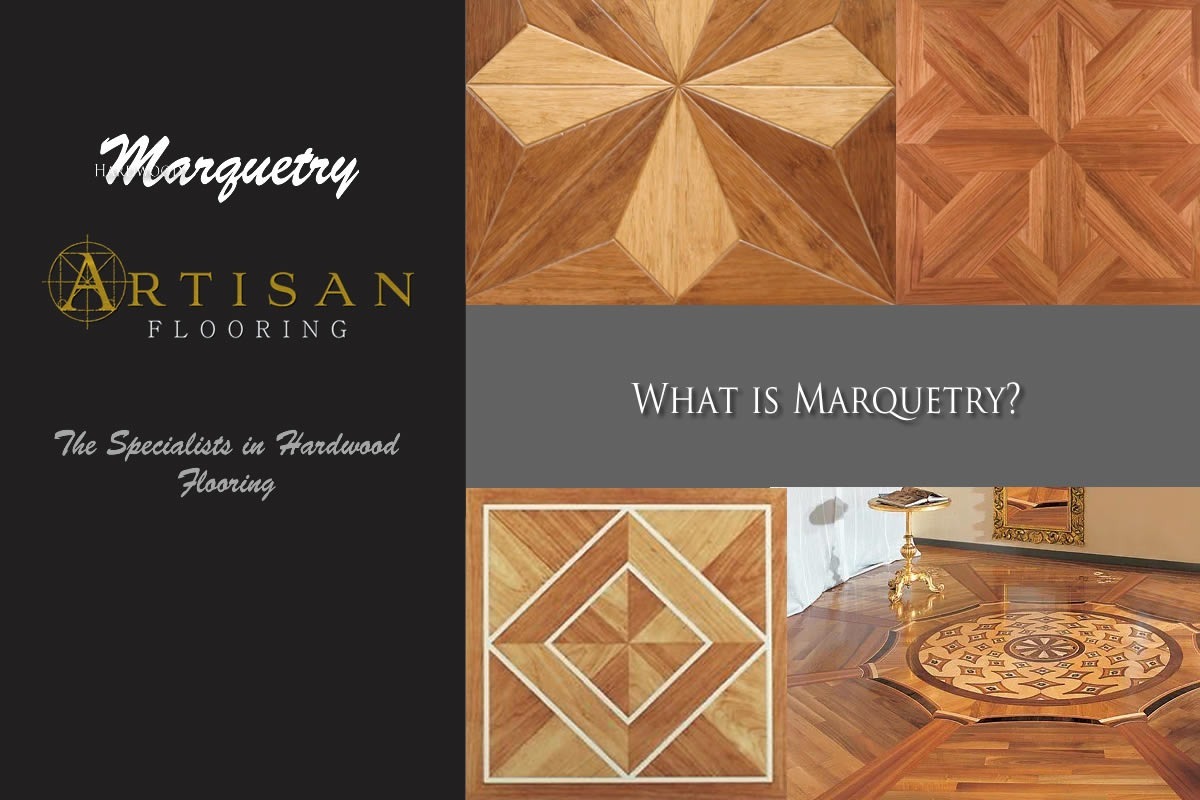




Recent Comments
No Comments have been left yet! Be the first :)